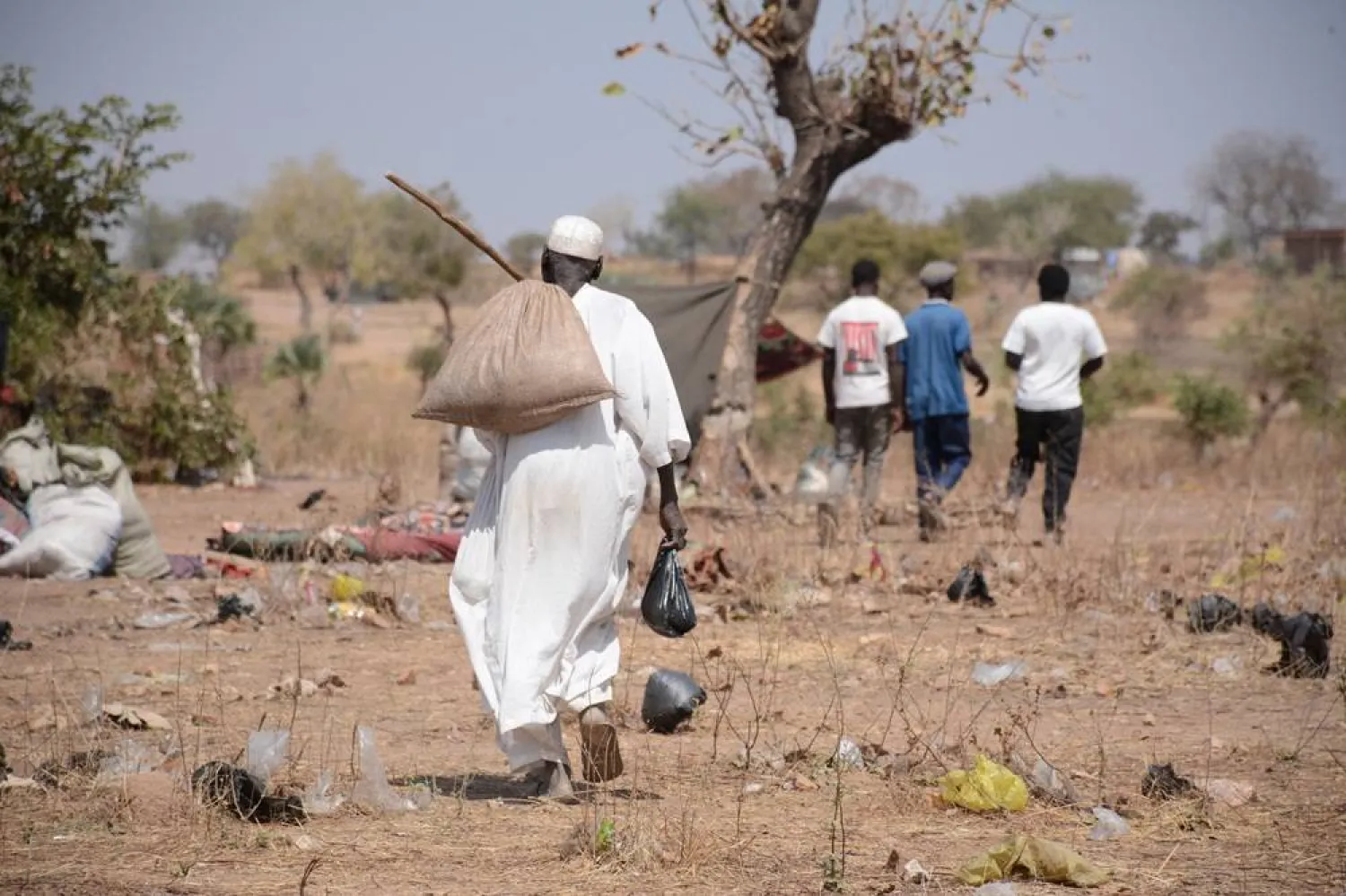It was as the conversation ticked inexorably towards the hour that Tony Khan issued the closest thing yet to a rallying cry. The Fulham vice-chairman and director of football operations had been talking with the excellent podcast Fulhamish late last month, addressing the issues which had contributed to a traumatic one‑season stay in the top flight and the sense of anticlimax which had accompanied the club’s slump back into the second tier.
For all his enthusiasm for social media, the audience felt rare, even bold given the club’s lack of activity up to then in the transfer market. Yet, with additions and a key contract renewal pending, Khan’s outlook had been bullishly optimistic for the campaign ahead.
“We have a tightly knit group who really want to be at Fulham, care about Fulham and care about each other,” he offered as a tub-thumping pay-off. “It’s been a hard year for everybody, but the break has done us some good. Now, everybody is really focused and ready to go out and smash the Championship.”
A month on and that confidence seems far more justified. Fulham’s flirtation with the elite may have ended up as a wasted opportunity, an ambitious £100m summer splurge having failed to keep them clear of trouble amid unsettling managerial changes, but they appear much better placed to muster an immediate return than in 2014, when Felix Magath’s side had slipped meekly into the unknown. They discarded experience then, perhaps hamstrung by financial realities. This time relegation, confirmed in the first week of April, triggered salary reductions in players’ contracts, some believed to be as high as 50%, to ensure the wage bill reduced from around £70m to nearer £28m on 1 July.
It helped that loan players were released – including André Schürrle, whose two-year switch from Borussia Dortmund could be cancelled as a result of demotion. Another of the bigger earners, Jean Michaël Seri, will spend the season at Galatasaray, who paid a loan fee of £1.3m with the option to make the deal permanent for £15m next summer. Yet, even with Harvey Elliott to sign for Liverpool and Ryan Sessegnon expected to move to Tottenham Hotspur for around £20m, this group boasts eye-catching quality. Perhaps the early inevitability of relegation allowed time for proper planning. Regardless, they seem prepared.
In Scott Parker they boast a head coach of potential who knows the club, buys into the recruitment strategy and will urge his players to replicate the scintillating form which took Slavisa Jokanovic’s team to promotion via the play-offs. Parker, like Khan, saw the value in retaining the core of the group who did so well in the Championship last time. The masterstrokes may have been persuading the captain, Tom Cairney, and, more pertinently given the suitors eager to prise him away, Aleksandar Mitrovic to sign new five-year contracts.
Khan has become close to Gestifute’s Jorge Mendes, and used the Portuguese agent’s relationship with Wolverhampton Wanderers to lure Ivan Cavaleiro from Molineux. The loan signing from Brighton & Hove Albion of Anthony Knockaert, who has thrived at this level twice before and could join permanently for £10m next summer, completed the construction of a mouthwatering frontline. Stefan Johansen’s return from a loan at West Bromwich Albion is reassuring, while Aboubakar Kamara has been reintegrated, a brave move after last season’s rumpus in a yoga session and his subsequent arrest for an alleged assault at Motspur Park. Neither club nor police are pursuing that matter, with the forward’s return after a loan in Turkey made with the blessing of the management and senior players. Kamara can make a difference at this level.
Alfie Mawson, whose involvement last term was wrecked by injuries, should thrive now he is fit. André-Frank Zambo Anguissa, who initially struggled to justify his £30m fee, was a player reborn over the final weeks of last season, and clearly has the tools to bully opponents. Khan had aspired to “field a squad even stronger than the team that went 23 unbeaten” over the second half of the promotion year. “We can do that,” he said. “We have stronger pieces than we did going into that year … I feel better about us going into this Championship season than we did in the previous two years [there, when they reached the play-offs].”
This is an ownership eager to learn from mistakes. That frantic trolly dash last summer, which appeared to lack a coherent strategy and ended up disrupting the rhythm of a team on the up, counts against the hierarchy, though there were mitigating circumstances. Khan has pointed to the play-off campaign delaying plans, with the World Cup another hindrance as he sought to strengthen a side who had relied heavily upon loan players. Yet if Mitrovic, Anguissa, Mawson and Joe Bryan – all purchased that summer – excel then that outlay could be cast in a different light. They might even have a team that are Premier League ready, like Wolves, if promotion is secured.
Throw in an academy, overseen expertly by Huw Jennings, which is seeking to expand and continues to nurture talent, and the redevelopment of the Riverside stand – the capacity at Craven Cottage will be reduced to around 19,000 this season – and the overriding optimism feels justified. “Nobody at Fulham liked the way last season went,” the vice‑chairman said. “But we’ve kept the spirit and backbone of a really strong team who, two seasons ago, went 23 games unbeaten to end the season. It was the best day I’ve ever had to go to Wembley stadium and win the Championship play-off final but, this year, our goal is to be auto-promoted.”
The Guardian Sport









